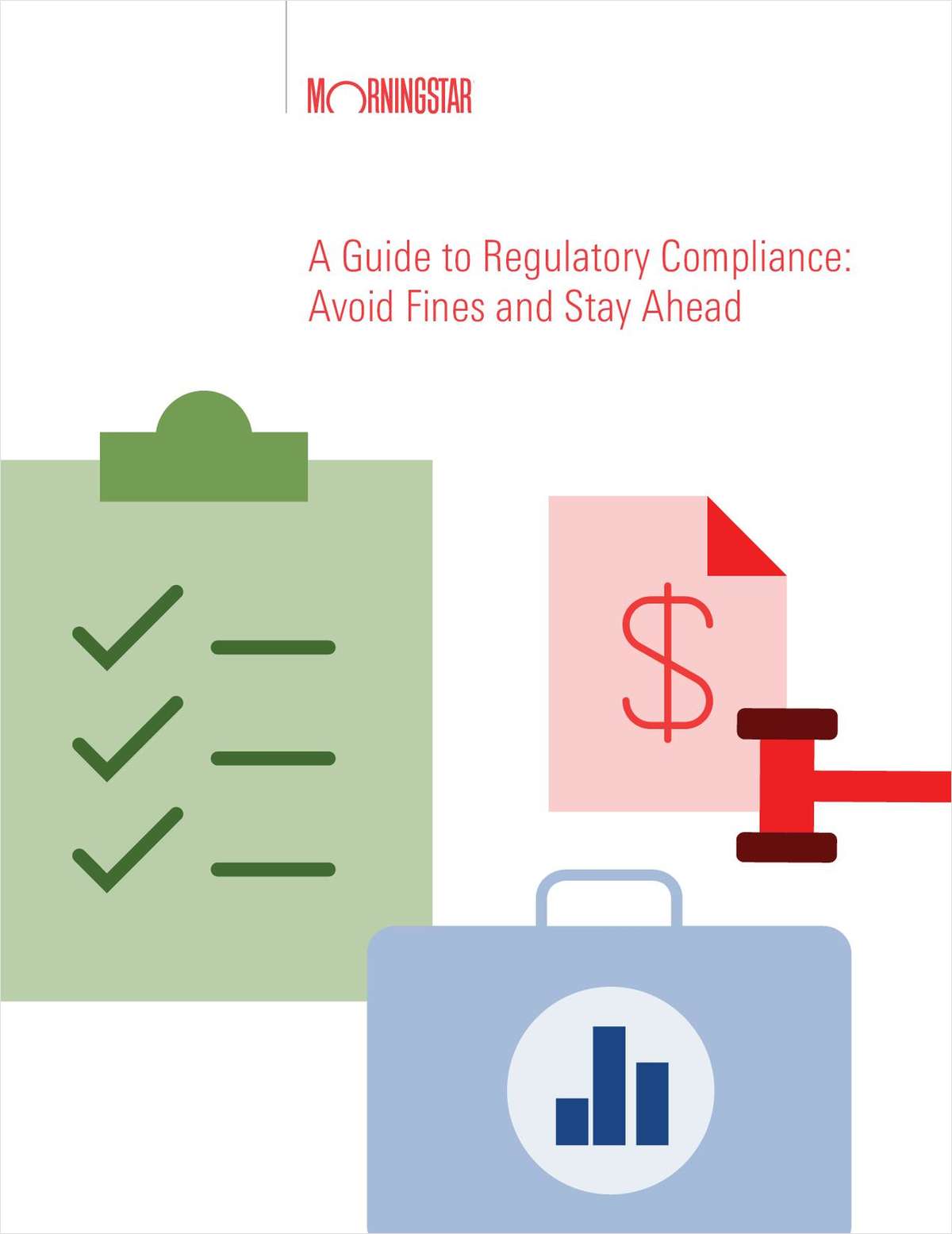 Dieter Ernesto Tejada, a 2017 graduate of Vanderbilt Law School, has founded the National Justice Impact Bar Association.
Dieter Ernesto Tejada, a 2017 graduate of Vanderbilt Law School, has founded the National Justice Impact Bar Association.Former Prisoner Turned Law Grad Launches Bar Association
A stint in prison set Dieter Tejada on the path to law school. Now, he hopes to marshal lawyers with personal experience in the criminal justice system to push for reform.
August 07, 2019 at 02:45 PM
5 minute read
The original version of this story was published on Law.com
Dieter Tejada is far from your typical law grad. While spending more than four months in a Connecticut prison at age 19, he decided law school was in his future.
A decade later, Tejada has a J.D. from Vanderbilt University Law School and a big dream: He’s starting a bar association specifically for lawyers and law students who have been incarcerated—those who are “justice impacted” in his parlance.
The National Justice Impact Bar Association is still in the startup phase, but it has some high-profile supporters including former bank robber-turned Georgetown law professor Shon Hopwood and Tarra Simmons, who successfully fought to be admitted to the bar in Washington State after spending 20 months in prison for a drug offense.
Tejada passed the July 2018 Connecticut bar exam but is still awaiting a character and fitness hearing to become admitted. Law.com caught up with him to find out more about the fledgling bar association and what lawyers who have personally navigated the criminal justice system bring to the table. His answers have been edited for length.
How did you end up in prison? I had a very middle-class background. I was probably one of the last people that anyone expected to go to prison. Essentially, I got into a fight. Long story short, I was looking at a significant amount of time, and I took a plea. I was 17 when I was arrested, and I was charged as an adult. I served four and a half months. I wrote a letter to the warden and got early release. But then I had five years of probation and 16 months of house arrest. It was really an eye-opening experience for me.
How did you end up in law school? I had gotten into college before I was convicted. I had to take a semester off while I was incarcerated. But [the University of Connecticut] let me stay. While inside, I decided to go to law school. I saw a lot of what I call injustice. I just knew I needed to do something about it. I didn’t know the path, exactly, at that point. But I started working hard at school and ended up taking the LSAT after I graduated. I got a scholarship to go to Vanderbilt.
Were you open with classmates about the fact you had done time? I wasn’t—and there were reasons for that. But it was very difficult for me because of that. I wish I had been open. This whole bar association concept happened because I met some people who had my shared experiences after I got out—I met Tarra Simmons and Shon Hopwood—and started connecting with all these other people. I realized I wasn’t the only one. In law school I felt very alone. It wasn’t easy.
Are there more lawyers with criminal backgrounds out there than we think? There’s a lot more than you think. Tara, Shon and [Reginald Dwayne Betts] are involved in the bar. They are some of more high-profile. Chris Poulos as well. But there really are a lot more than you think, and that’s been a really cool experience—finding out about them. They all have incredible stories, and they’re all doing really great work. Since we’ve started setting up the bar association, every week somebody puts me in contact with one or two people who are either going into law school this year or who are planning to go to law school.
What’s the goal of the bar association? I’d like to see more people like me, Shon and Dwayne. I know the incredible impact we can have on the criminal justice system. I think we can make it a lot better. Also, like a lot of other bar associations, you impact the field by educating other attorneys. In the short term, we can’t push 1,000 people through law school in one year. But you can start educating public defenders offices, DA offices and people who are implementing justice. You can share the ways they can interact with the clients who are impacted by the system. But criminal justice reform is the end goal. We all went to law school for a reason, and that was to make things better.
What do you think lawyers who have personally experienced the criminal justice system bring to the table? In law school you learn a lot of hypotheticals. Then you go into practice and you’re in a courtroom. But the criminal justice does not begin and end in the courtroom. It begins a long time before that. Anyone who has been in the system understands that it’s pretty expansive. There are so many ways the system impacts people and the after effects. Knowing what it means to go to prison and be in shackles and understanding the stumbling blocks for people trying to be reintegrate into society is useful. You need to know the problems to fix the problems.
This content has been archived. It is available through our partners, LexisNexis® and Bloomberg Law.
To view this content, please continue to their sites.
Not a Lexis Subscriber?
Subscribe Now
Not a Bloomberg Law Subscriber?
Subscribe Now
NOT FOR REPRINT
© 2025 ALM Global, LLC, All Rights Reserved. Request academic re-use from www.copyright.com. All other uses, submit a request to [email protected]. For more information visit Asset & Logo Licensing.
You Might Like
View All
From 'Confusing Labyrinth' to Speeding 'Roller Coaster': Uncertainty Reigns in Title IX as Litigators Await Second Trump Admin
6 minute read
Federal Judge Weighs In on School's Discipline for 'Explicitly Copying AI-Generated Text' on Project

'Substantive Deficiencies': Judge Grants Big Law Motion Dismissing Ivy League Price-Fixing Claims
3 minute read
Class Action Lawsuit Targets 40 Private Colleges and Universities Over Alleged Price-Fixing
3 minute readTrending Stories
- 1'Pull Back the Curtain': Ex-NFL Players Seek Discovery in Lawsuit Over League's Disability Plan
- 2Tensions Run High at Final Hearing Before Manhattan Congestion Pricing Takes Effect
- 3Improper Removal to Fed. Court Leads to $100K Bill for Blue Cross Blue Shield
- 4Michael Halpern, Beloved Key West Attorney, Dies at 72
- 5Burr & Forman, Smith Gambrell & Russell Promote More to Partner This Year
Who Got The Work
Michael G. Bongiorno, Andrew Scott Dulberg and Elizabeth E. Driscoll from Wilmer Cutler Pickering Hale and Dorr have stepped in to represent Symbotic Inc., an A.I.-enabled technology platform that focuses on increasing supply chain efficiency, and other defendants in a pending shareholder derivative lawsuit. The case, filed Oct. 2 in Massachusetts District Court by the Brown Law Firm on behalf of Stephen Austen, accuses certain officers and directors of misleading investors in regard to Symbotic's potential for margin growth by failing to disclose that the company was not equipped to timely deploy its systems or manage expenses through project delays. The case, assigned to U.S. District Judge Nathaniel M. Gorton, is 1:24-cv-12522, Austen v. Cohen et al.
Who Got The Work
Edmund Polubinski and Marie Killmond of Davis Polk & Wardwell have entered appearances for data platform software development company MongoDB and other defendants in a pending shareholder derivative lawsuit. The action, filed Oct. 7 in New York Southern District Court by the Brown Law Firm, accuses the company's directors and/or officers of falsely expressing confidence in the company’s restructuring of its sales incentive plan and downplaying the severity of decreases in its upfront commitments. The case is 1:24-cv-07594, Roy v. Ittycheria et al.
Who Got The Work
Amy O. Bruchs and Kurt F. Ellison of Michael Best & Friedrich have entered appearances for Epic Systems Corp. in a pending employment discrimination lawsuit. The suit was filed Sept. 7 in Wisconsin Western District Court by Levine Eisberner LLC and Siri & Glimstad on behalf of a project manager who claims that he was wrongfully terminated after applying for a religious exemption to the defendant's COVID-19 vaccine mandate. The case, assigned to U.S. Magistrate Judge Anita Marie Boor, is 3:24-cv-00630, Secker, Nathan v. Epic Systems Corporation.
Who Got The Work
David X. Sullivan, Thomas J. Finn and Gregory A. Hall from McCarter & English have entered appearances for Sunrun Installation Services in a pending civil rights lawsuit. The complaint was filed Sept. 4 in Connecticut District Court by attorney Robert M. Berke on behalf of former employee George Edward Steins, who was arrested and charged with employing an unregistered home improvement salesperson. The complaint alleges that had Sunrun informed the Connecticut Department of Consumer Protection that the plaintiff's employment had ended in 2017 and that he no longer held Sunrun's home improvement contractor license, he would not have been hit with charges, which were dismissed in May 2024. The case, assigned to U.S. District Judge Jeffrey A. Meyer, is 3:24-cv-01423, Steins v. Sunrun, Inc. et al.
Who Got The Work
Greenberg Traurig shareholder Joshua L. Raskin has entered an appearance for boohoo.com UK Ltd. in a pending patent infringement lawsuit. The suit, filed Sept. 3 in Texas Eastern District Court by Rozier Hardt McDonough on behalf of Alto Dynamics, asserts five patents related to an online shopping platform. The case, assigned to U.S. District Judge Rodney Gilstrap, is 2:24-cv-00719, Alto Dynamics, LLC v. boohoo.com UK Limited.
Featured Firms
Law Offices of Gary Martin Hays & Associates, P.C.
(470) 294-1674
Law Offices of Mark E. Salomone
(857) 444-6468
Smith & Hassler
(713) 739-1250










